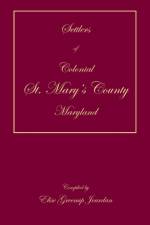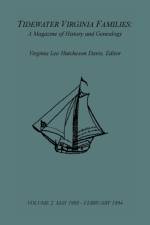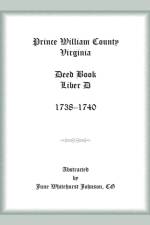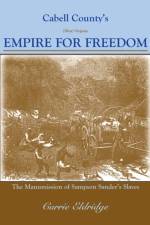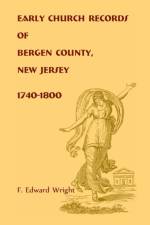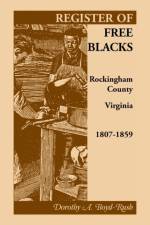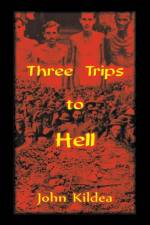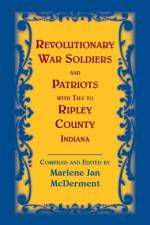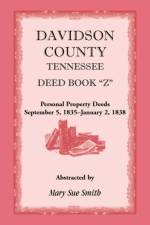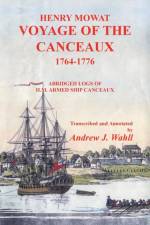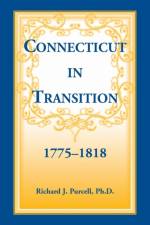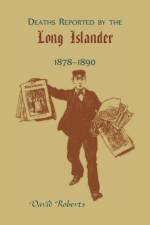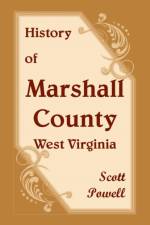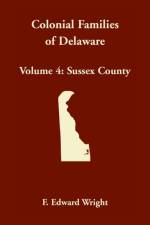- Sussex County
av F Edward Wright
387
This volume continues to focus on families living in Kent County and Sussex County, tracing lineages of early settlers into the early 1800s. The primary sources of information are court records (probate and orphans' court), land records, and church records. Notable families of Sussex County include: Atkins, Bagwell, Bedwell, Burton, Carey, Draper, Hazzard, Lofland, Marriner, Manlove, Marsh, Nutter, Parker, Pettyjohn, Prettyman, Spencer, Staton, Stockley, and Warrington. Many of the early settlers in these counties were Quakers. Chapters are included for descendants of the following families: John Avery, John Cade, Robert Cade, Cale, Campbell, Chambers, Clendaniel, Clendenning, Jonathan Clifton, Robert Clifton (Kent County), Thomas Clifton (Sussex County), (N) Coulter, James Coulter, John Coulter, Samuel Coulter, Enoch Cummings (Sussex County), Robert Cumming (Kent County), Timothy Cummins, Thomas Davis, Dobson, Fenwick, Field, Godwin, Goldsmith, Granger, John Hall, Nathaniel Hall, Thomas Hall, William Hickman, Nathaniel Hickman, Hill (Sussex County), Hinds, Hinman, Ingram, Inlose, Albertus Jacobs, Richard Jacobs, Adam Johnson, Humphry Johnson, Job Johnson, Purnal Johnson, Samuel Johnson, Kipshaven, Peter Lewis, Simeon Lewis, McIlvaine, Piles, Phillip Russell, William Russell, Archibald Smith, David Smith, Elizabeth Smith, George Smith, Henry Smith, John Smith, Job Smith, Mark Smith, Thomas Smith, Stretcher, Walker Family (Sussex County), West (revised from earlier work), and Wynkoop. A list of sources, additions and corrections to previous volumes, and an index to full-names and places add to the value of this work.

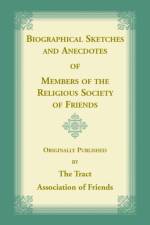

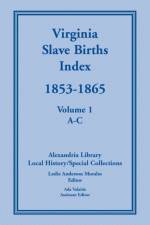

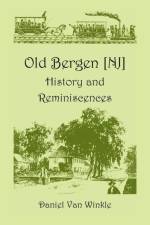

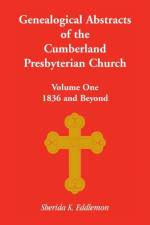
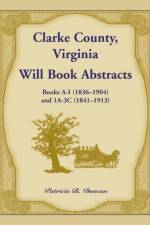
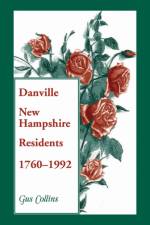
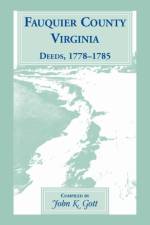
![New Jerusalem Lutheran Church Cemetery [Loudoun County, Virginia] af Marty Hiatt](https://cdnbackdoor.tales.as/thumbnail/150x225/00109/67510/cover.1568482912.jpg)
